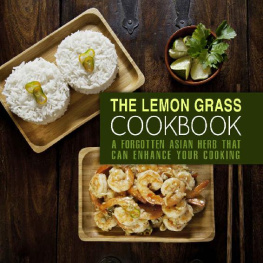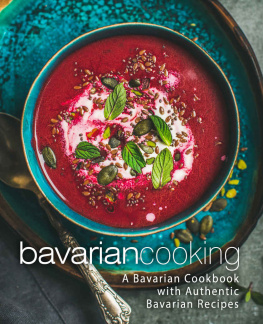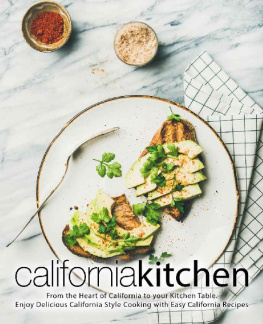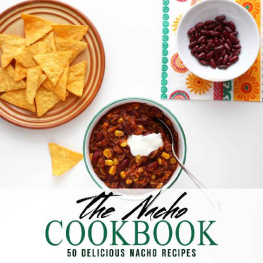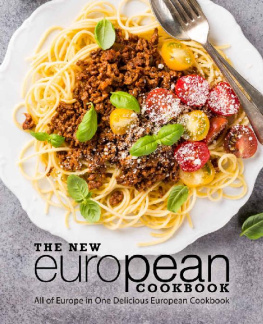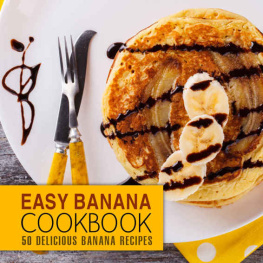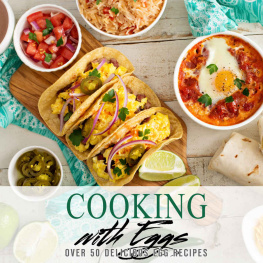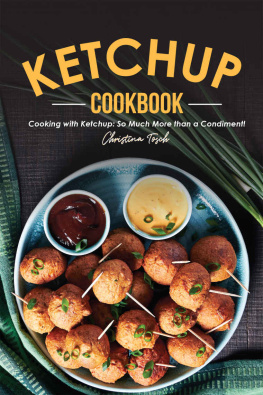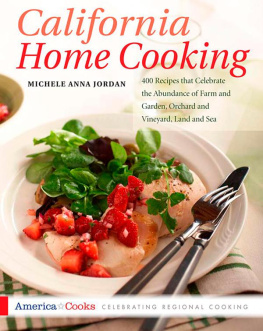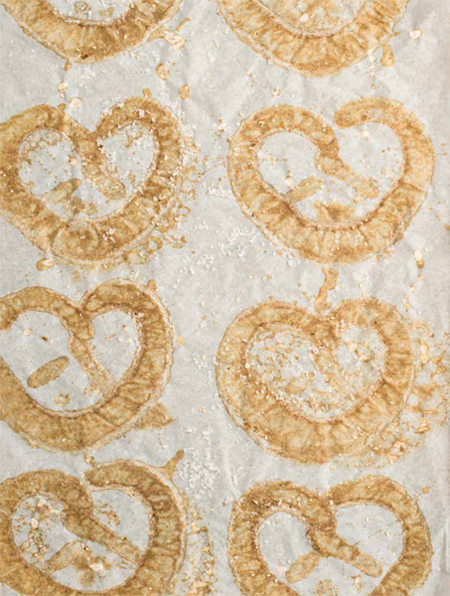
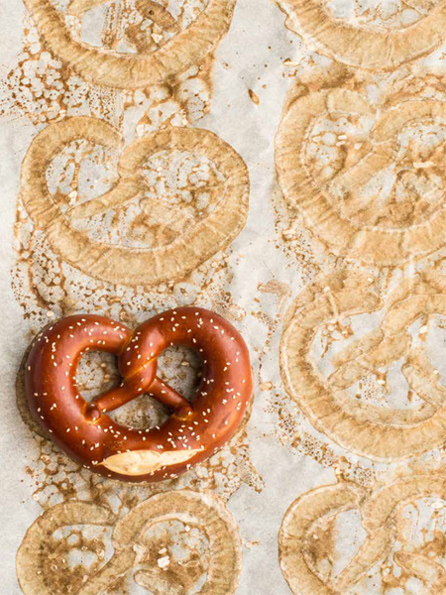
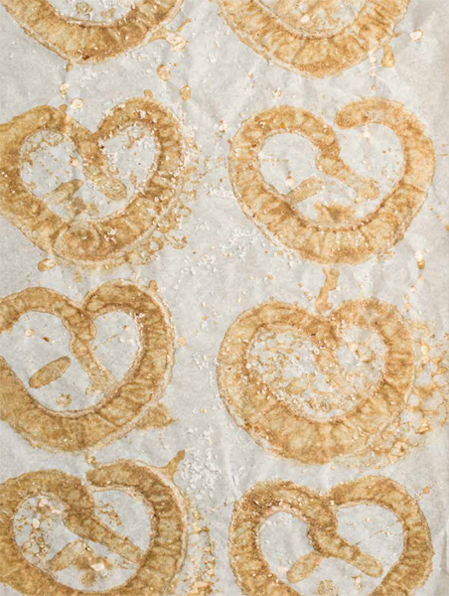

PRAISE FOR DAS COOKBOOK
Das Cookbook finally gives me what I (and I think I speak for all of you) really WANT in a cookbook: bread, pastries, muesli, grilled cheese, strudel, pretzels, potatoes, and, yes, okay, salads. Its a treasure trove of ingredients and flavors combined with simple, eye-popping, tastebud-teasing recipes. Hans was classically trained and humanely raised in Germany, and he has brought it all here to California and reformulated it for an American-foodie audience. Das Cookbook is a modern, cool, hip take on old-school techniques and secrets. A must-have in any contemporary kitchen.
JAMIE LEE CURTIS, actress and author
Growing up as a chef in Los Angeles, I have always been inspired by Hans. Das Cookbook is just another expression of his creativity and culinary genius.
JOSIAH CITRIN, chef/owner of Mlisse and author of In Pursuit of Excellence
At a time when successful chefs take themselves much too seriously, Hans Rckenwagner has created this delectably insightful work and playfully called it Das Cookbook. Yet it is a serious and original blending of California and German cooking, two seemingly antithetical traditions made colorfully harmonious by a chef who is well grounded in both.
Thus, the soft appeal of German potato salad provides just the right contrast to Koreas spicy flank steak, and the first rhubarb, straight from a local farm, gives new and rosy brightness to streuselkuchen, the much-loved crumb cake. And he shares many more recipes that modify the solidity of German food with a bright, contemporary California touch, all exquisitely illustrated and meticulously explained.
MIMI SHERATON, former New York Times food critic and author of The German Cookbook
CONTENTS

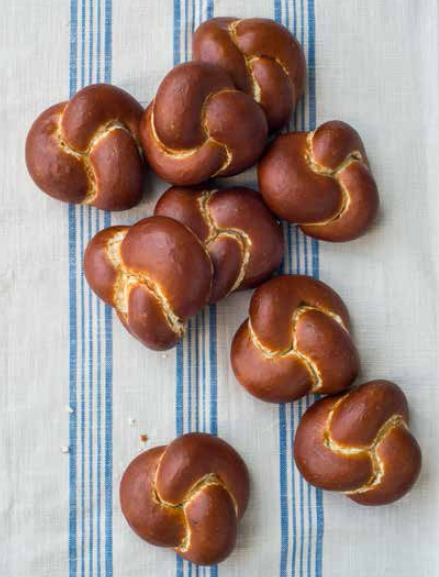
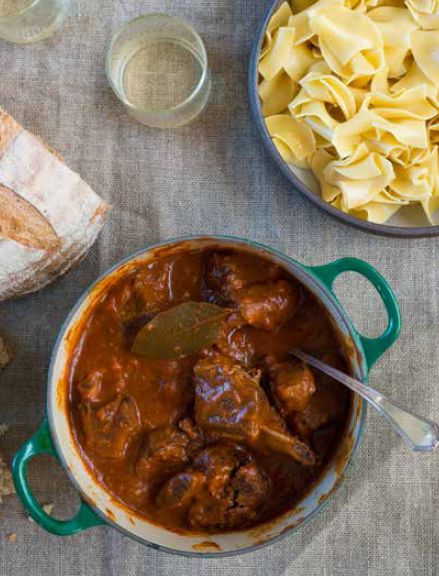
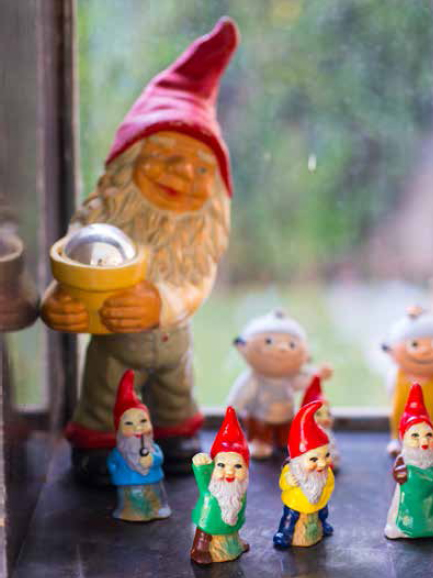
It has been seventeen years since I wrote my first cookbook, and a lot has changed since then. I traded in the chefs whites of the high-end restaurant I owned, operated, and cooked in for twenty-three years for the civvies of a startup entrepreneur/baker. The food scene has moved from formal kitchens helmed by classically trained chefs to food trucks and pop-ups headed by unconventional culinary wizards. And once-exotic foods like kimchee and purslane are now mainstream.
Yet despite the increasing adventurousness and sophistication of the American palate, what strikes me is that German food in the United States is still misunderstood and undervalued. My publisher confirmed as muchof the many hundreds of cookbooks published each year, ones showcasing German cuisine are rare, even though Germany claims a disproportionately high number of Michelin-starred restaurants, including eleven three-stars, second only to France in Europe. And in the twenty-nine years Ive lived in Los Angeles, I can count on one hand the number of German restaurants Ive been to.
My hope with this book is to make German food more relatable, more approachable, and more integrated into your everyday cooking. As you will see, the recipes are meant for the home cook, and theyre designed to be shared. All of these dishes mean something to mewhether its the sptzle on the cover (the first thing I learned to make, at the age of twelve, while helping out in my parents restaurant), or the goulash that goes so well with it (my father, a butcher, made goulash every Sunday on his day off), or the desserts (which, as the owner of a large wholesale and retail bakery, are my current obsession).
I never set out to be a crusader for German food. As I built my career as a chef in L.A., I just realized that Id become homesick for the wealth of tastes, techniques, and flavors from my home country, and I could contribute some of that wealth to the Southern California food scene. Nothing would make me happier than the calls Id get every spring from newly converted white asparagus lovers wondering when we were starting our white asparagus menu. Or the grateful letters Id receive during the holidays thanking me for making authentic Christstollen. Or the many requests I still get every day from chefs, hotels, and cafs begging for our pretzel recipe.
I realize that Im so lucky to have had the opportunity to discover new foods, cultures, and traditions in Los Angeles. What better city to learn about Mexican food, Korean barbecue, and matzo brei? Whats dawning on me nowafter nearly thirty years of cooking and eating in this great cityis how wonderful it has also been to rediscover the food of my German childhood. My hope is that youll join me on this journey.

THE ACCIDENTAL BAKER
I opened my first restaurant, Rckenwagner, in the 1980s, when store-bought bread almost everywhere was of pretty poor quality. Making my own bread was the only way to ensure that Id serve a product I was proud of. To be honest, I also did it for myself, because I love to make my own breads. I started with big, fat loaves of brioche that I would slice, toast, and place in the center of every table. I wanted our guests to have a proper piece of bread to mop up their lobster sauce or simply enjoy throughout the meal. This was before buttery, French-style brioche was well known in the States, and brioche was a better complement to my style of cooking at that time than whole-grain, German-style breads. The baskets always came back empty, and pretty soon, we were baking a few extra loaves every day for our regulars to take home and freeze.
Next I began playing around with scones, and later, I moved on to the rustic German-style breads and pretzels I grew up withafter all, one can only go so long without a good pretzel. Word began to spread, and a local coffee shop called to ask if we could deliver a dozen ginger scones each morning. Wed also developed these Steiner Brot groupies, whod hang out around the restaurant on the days we made the famous whole-grain bread to make sure they got their weekly fix. Eventually, we opened a sliver of a bread stand at the local farmers market. I thought a market pop-up shop once a week was all wed ever need.
Next page

